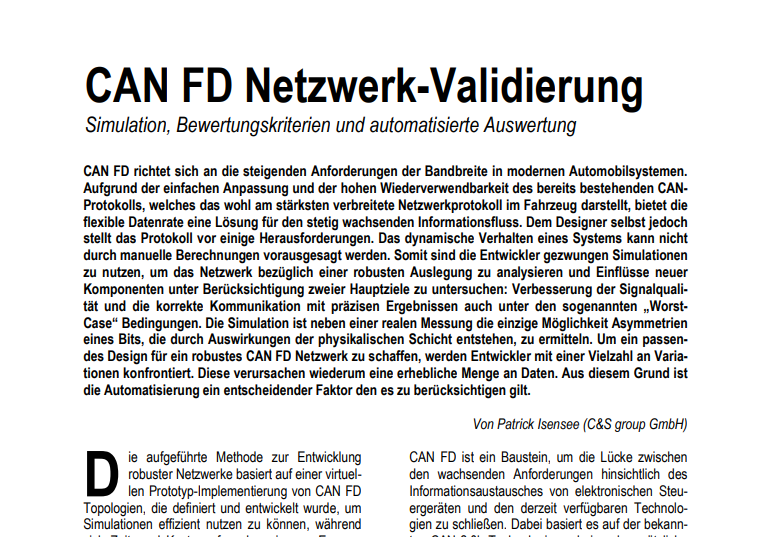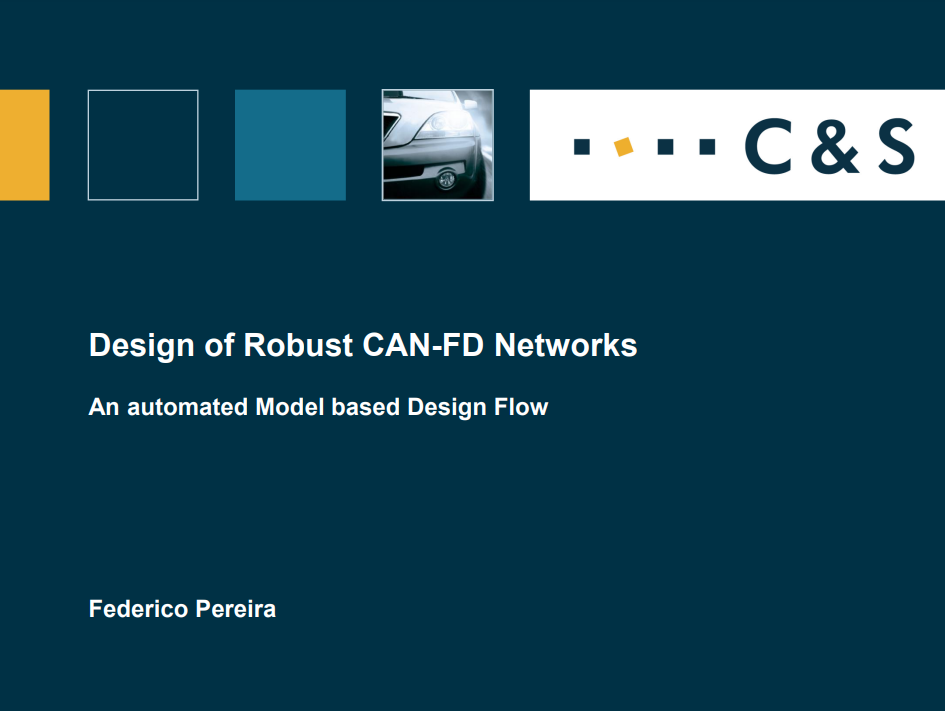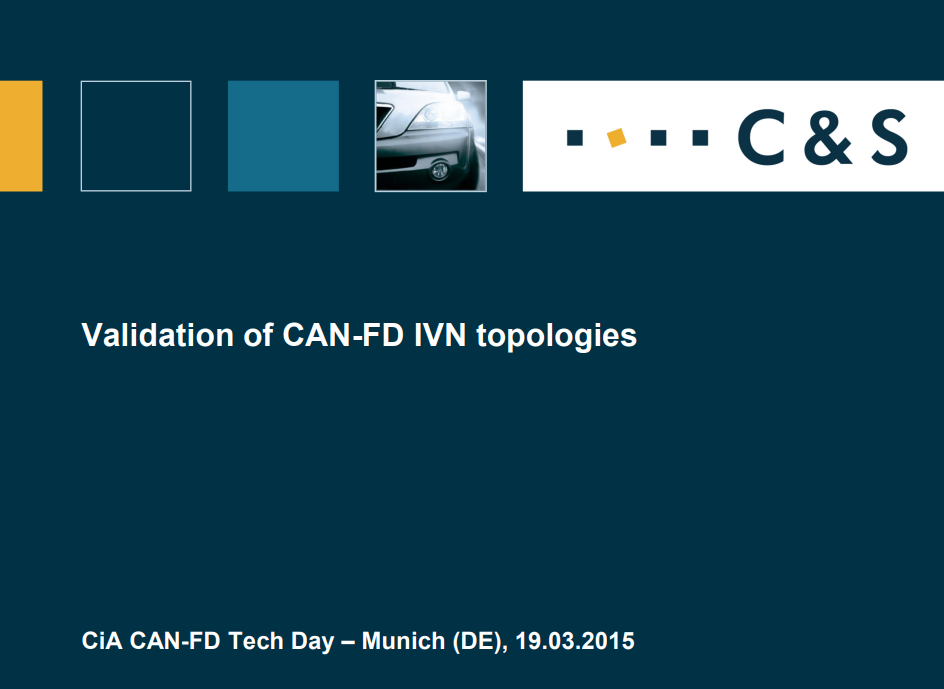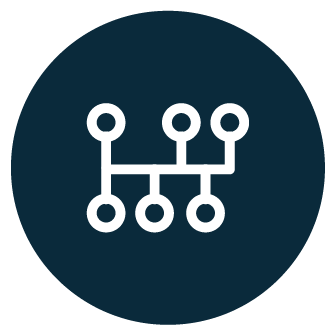
We offer:
Simulation for topology validation
See behind the scenes
Simulations offer the opportunity to get an insight into the behavior of a system that is still in development. The knowledge thus gained, puts you in a position to evaluate topology drafts at an early stage. If you have the need for a change or adjustment, you can easily make adjustments and re-evaluate.
Draft Simulation
A simulation can be done for specific topologies or topology drafts based on information collected from the network system. This includes the type of the topology, the components, the parameter configuration and influence/stimuli that affects your topology.
Based on this information, a virtual prototype of the topology is created and the first critical analysis can be determined.
The measurements created during the simulation are evaluated after the simulation. This review is based on the specification of the physical layer and specific requirements.
Reduced Processing and Increased Safety
- Fast The speed is based on simplicity. The simpler the parameter variation the more the process can be accelerated.
- Safe Signals that are difficult or impossible to recognize in a measurement of conventional prototypes can be demonstrated and analysed easily.
- Cross-border Simulations allow the formulation of design rules for a network, taking requirements such as topology limitations and tolerances of electronic components into account, and thus allow border case studies. It is possible to recognize trends beyond tolerance limits.
The importance of simulation
Technical developments in recent years have created a large number of ground-breaking innovations in the automotive sector. Today’s vehicles should become safer and more comfortable. Most of the technical improvements are linked to the use of networking electronic components. This development implies the use of stable bus systems that ensure a reliable data flow. The physical network layer forms the basis for a robust bus system.
However, the physical layer of vehicle networks doesn’t describe ideal logic behavior. Rather, the analogue behavior of the physical layer with all the parasitic effects must be considered. The dependencies between analogue components are the biggest challenge in network design.
To detect them analytically is not very easy which makes a prediction about the behavior difficult. Statements about the systems behavior are based on metrological tests and/or simulations. Simulations offer the advantage that environmental factors such as different temperature ranges or scattering parameters can be included in the study. In addition, simulations enable the performance of system reviews at an early stage of development.
For many years, we have dealt with issues of simulations and are a competent partner in this area.
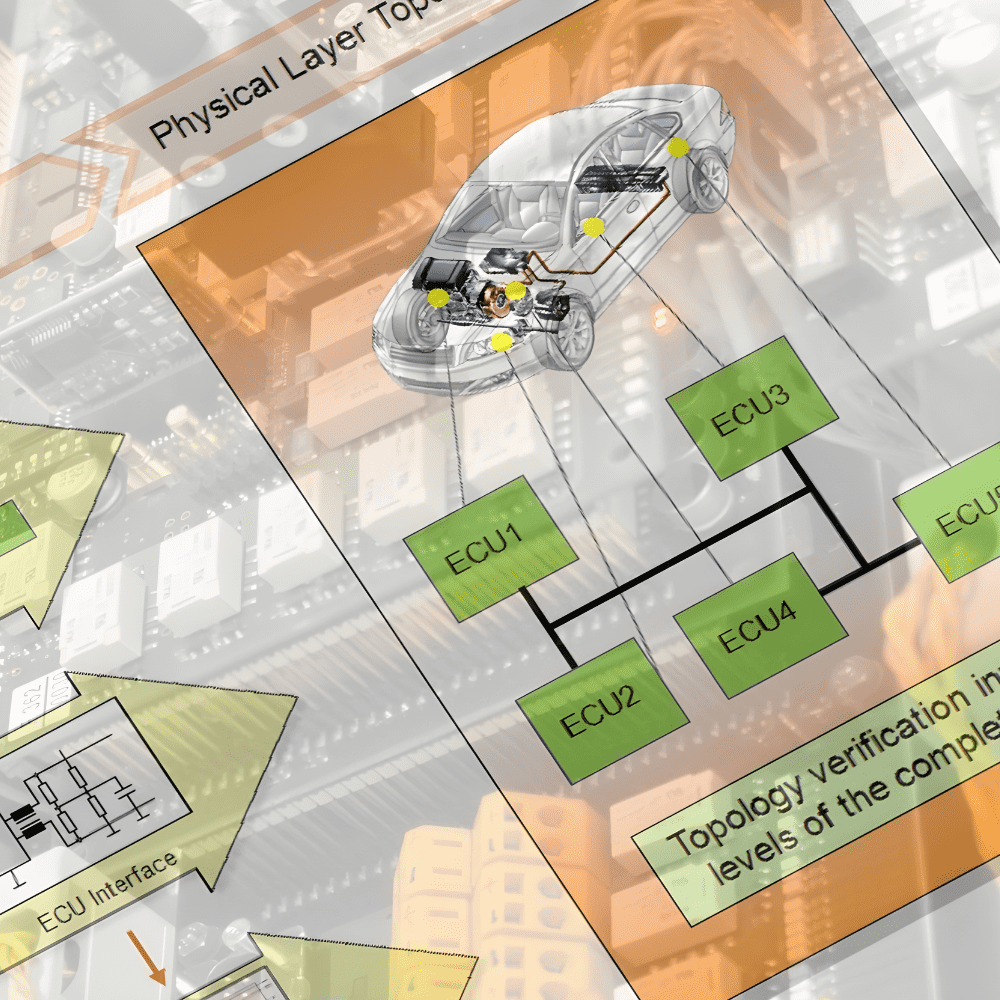
C&S publications about simulations and validation of IVN networks
Find some of our publications about simulations and validation of IVN networks in the following. If you want more information please send us a mail or give us a phone.

